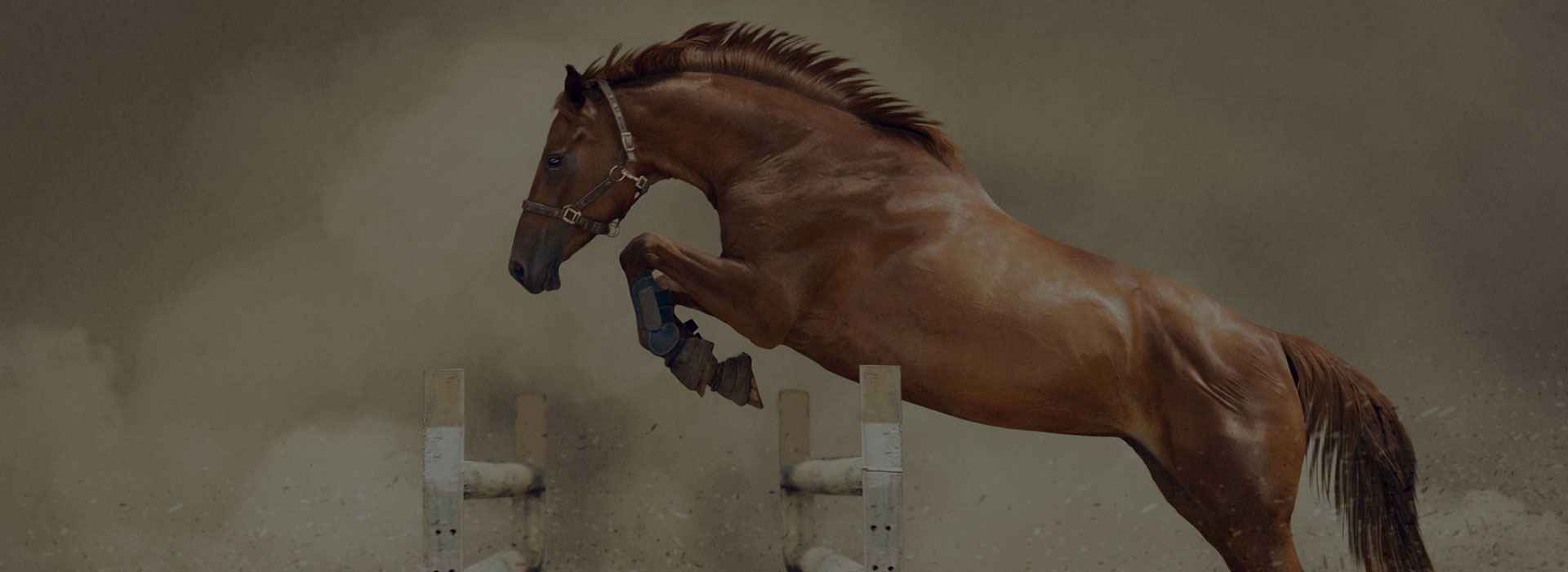
11 Jun Tips for Feeding Your Horse During Winter
While Australia’s Winters aren’t as harsh as in some countries, the change in season from hot to cold could have a significant impact on your horse’s dietary needs. Horses are often less active during winter and thus more prone to gaining excess weight. Also, with the absence of grass, horses require more supplements in order to make up for the vitamins, minerals and proteins that they’re missing out on.
Below we’ve jotted down some of our top tips to keep your horse happy and healthy throughout winter.
Increase your horse’s rations:
Your horse needs to maintain its body temperature during winter, meaning that it’s still maintaining most of its energy output. If your horse is losing weight during winter, as a result of trying to keep warm, then try feeding it plenty of hay. You don’t want to over-feed your horse though.
Supplement wisely:
As with most other animals, a little extra fat can keep your horse warmer during winter. Grain and fat are higher in calories in hay, though unlike hay, they don’t do a great job of rapidly building an insulating layer of fat. Use supplements to maintain your horse’s weight or increase to increase it over time and not as a short-term solution.
Consider high-protein hay:
We always recommend that you consult your veterinarian when making any choices about your horse’s diet. Though, if your horse is located in a colder part of Australia then consider high-protein hay. If your horse’s daily protein requirements are already being met, then your horse’s body will turn the excess protein into fat stores. Also, during digestion, your horses body temperature will slightly rise as well.
Give your horse access to clean and warm water:
In most cases, your horse will drink plenty of water so long as it has access to it. Though, if the water is too cold or contaminated then this could lead to dehydration. To be absolutely sure that your horse is drinking plenty of water, make sure its absolutely clean and free from debris. Also, another important point is to try and keep the water above 50 degrees, as your horse will be discouraged from cold water as well.
Remember, these are our tips and are not meant as professional advice. For professional advice, we always recommend that you speak to your veterinarian.

